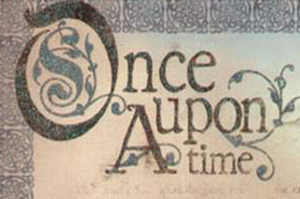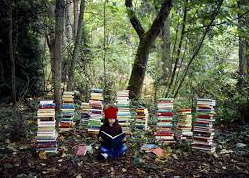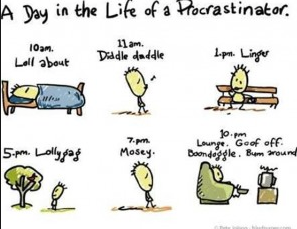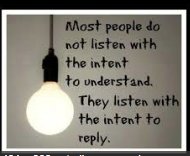I was driving home one afternoon when this interview with Nancy Jo Sales came on. I listened as I drove home, listened in my driveway, and quickly ran inside my house and listened to the rest of the interview at the kitchen table. Sales eloquently spoke about the role that social media plays in the lives of teenage girls (and boys) in our culture. Spoiler alert: it’s not great.
I am not a social media person. I don’t even particularly enjoy talking on the phone. But my children and my students are not me. They are quickly growing up in a wor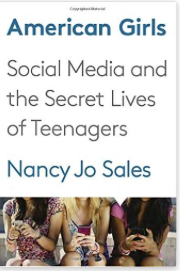 ld dominated by a culture which is in turn dominated by social media that promotes how you look (all the time) over who you are (all the time). I quickly bought the book.
ld dominated by a culture which is in turn dominated by social media that promotes how you look (all the time) over who you are (all the time). I quickly bought the book.
It’s not that our culture has changed so much. From Bikini-clad models selling cars to little girls trying to look like their Barbie Dolls, America has history of telling young girls that what you look like is more important than how you feel, or what you say, or what you accomplish. But what Sales points out is that growing up in this accelerated electronic environment (where people are famous for being famous, sexual images are live-streaming 24/7, and the first date takes a back seat to meeting online and hooking up) is taking a toll on the identity, self-esteem, communication skills, and empathy of not only our young girls but our young men as well.
This is the first generation of social-media kids. These are kids whose pictures have been put on-line before they are even born. These are the kids who have learned to text one another before they have learned how to dial a phone. These are kids who don’t have the ability to ask each other face-to-face, “wanna go to a movie?” It’s easier to text it. These are kids who witness sexual behavior on-line long before they are ready to understand it.
This is uncharted territory for parents (and teachers). Our kids have been thrown into this social-media landscape without a map, a leader, or any rules. And they are getting lost. Very lost.
We need to help them. Sales has started a much needed dialog. Let’s take the reins in our homes, in our schools, in our neighborhoods and guide our children. For that is what they are. Children. No matter what they may look like on-line.
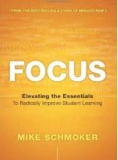
 can change their lives. Reading can take them out of poverty.
can change their lives. Reading can take them out of poverty.